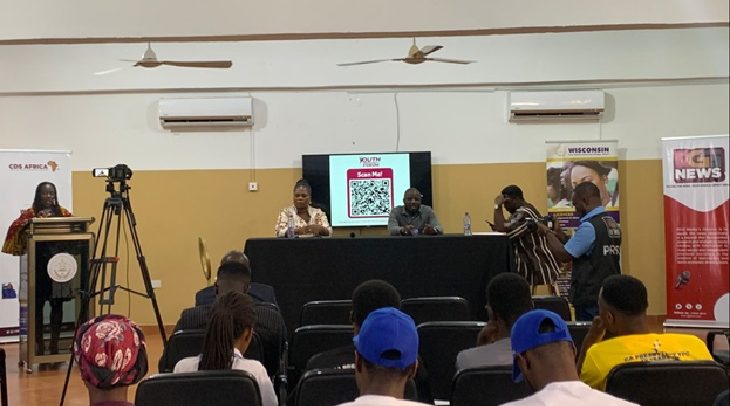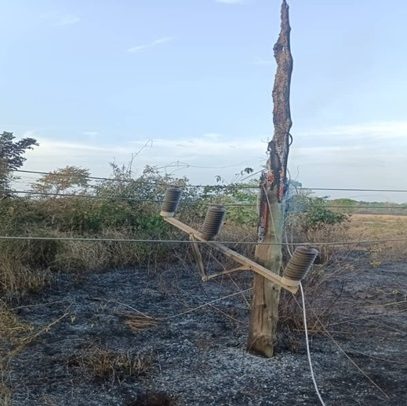
By Juliet ETEFE ([email protected])
As cases of non-communicable diseases (NCDs) continue to rise across the country, experts are calling for decisive reforms to safeguard employee well-being and make workplaces a front line in the fight against the growing health crisis.
Speaking at the Ghana Health and Labour (GHL) Summit in Accra, health professionals, policy-makers and labour advocates warned that without urgent measures to address the physical and mental health of workers, the country risks a decline in productivity and an overstretched healthcare system.
Non-communicable diseases (NCDs) are chronic illnesses such as heart disease, diabetes, cancer and respiratory conditions that are not spread from person to person. They are largely driven by lifestyle and environmental factors, including unhealthy diets, physical inactivity, tobacco and alcohol use and air pollution.
National data show NCDs account for over 43 percent of deaths in the country. Also, in a recent publication, Korle Bu Teaching Hospital has raised alarm over the escalating cases of NCDs, revealing that in just the first half of 2025, it recorded more than 5,000 complicated diabetes referrals and over 2,000 kidney cases.
To this end, experts urged that employer-led interventions and stronger policy enforcement must be urgent national priorities.
In his keynote address at the summit held under the theme ‘Mobilising against NCDs: The role of workplaces in safeguarding employee well-being’, Minister for Labour, Jobs and Employment, Abdul-Rashid Hassan Pelpuo, stressed that the growing burden of non-communicable diseases (NCDs) poses both a moral and economic threat to Ghana’s workforce.
He described workplace stress, poor nutrition and sedentary habits as major contributors, maintaining that a healthy workforce is the bedrock of national productivity and calling for urgent reforms to integrate employee well-being into all labour contracts and corporate governance systems.
The minister said available data should serve as a wake-up call to transform workplaces “from spaces of stress and decline into engines of empowerment and growth.”
He announced that the ministry has established regional taskforces to monitor worker welfare and pledged closer collaboration with the Ministries of Finance, Health and Education to resolve salary arrears affecting nurses and teachers.
Dr. Thomas Kofi Nyarko Anaba noted: “When employee well-being is neglected, productivity declines, healthcare costs rise and our social fabric weakens. So, it is in everyone’s interest – employers, workers and government alike – to make workplace health a national strategic priority. If we are truly serious about reducing the NCD burden, then the fight must begin not only in our hospitals and clinics; it must include our offices, our factories, our schools and our farms”.
He linked the rise in hypertension, diabetes, cancer and mental health disorders to common workplace risk factors such as stress, poor diet, physical inactivity, long working hours and environmental pollution, including soil contamination from illegal mining.
“Let us commit ourselves to one shared vision: To build workplaces that nurture health and human dignity; to create institutions where well-being is not a privilege but a standard; and to treat the health of our workforce as the true wealth of our nation,” he stressed.
Dr. Anaba emphasised that workplaces must evolve “from spaces of production to spaces of prevention and protection,” urging employers to adopt holistic health initiatives such as screening, stress management and flexible work arrangements.
Dr. Collins Badu Agyemang, Lecturer and Licensed Organisational Psychologist at the University of Ghana, added to the conversation, underscoring the urgent need for practical, inclusive measures to strengthen employee well-being at all levels of society.
Stressing that workplace well-being begins with individual responsibility, he urged Ghanaians to adopt healthier behaviours and foster cleaner, safer environments.
He also called for a national campaign, ‘Ghana Employee Well-being Month’, and the establishment of therapy units across all ministries, supported by an enabling legal framework under the Ghana Psychological Council Act.
Dr. Agyemang further appealed for policies that extend psychological and health support to informal workers, who make up over 70 percent of the workforce, emphasising that safeguarding mental and physical health must remain a shared national priority.
Manuel Koranteng, Executive Director of MentorPulse Africa, drew on personal experience to argue for employee assistance programmes, workplace insurance and routine screening as practical, scalable interventions.
Mr. Koranteng said MentorPulse will push a Ghana Workplace Mental Health and Well-Being Declaration to Parliament and roll out an annual State of the Ghanaian Workplace Report to track progress along with a mental-health podcast and community outreach to normalise help-seeking.
The GHL Summit, organised by MentaPulse Africa in collaboration with the University of Ghana School of Public Health, also saw the launch of a Ghana Workplace Health Declaration and Employee Safeguarding toolkits intended to steer employer action on screening, prevention and psychosocial support.
The post Decisive reforms needed to safeguard employee well-being as NCDs rise appeared first on The Business & Financial Times.
Read Full Story



















Facebook
Twitter
Pinterest
Instagram
Google+
YouTube
LinkedIn
RSS